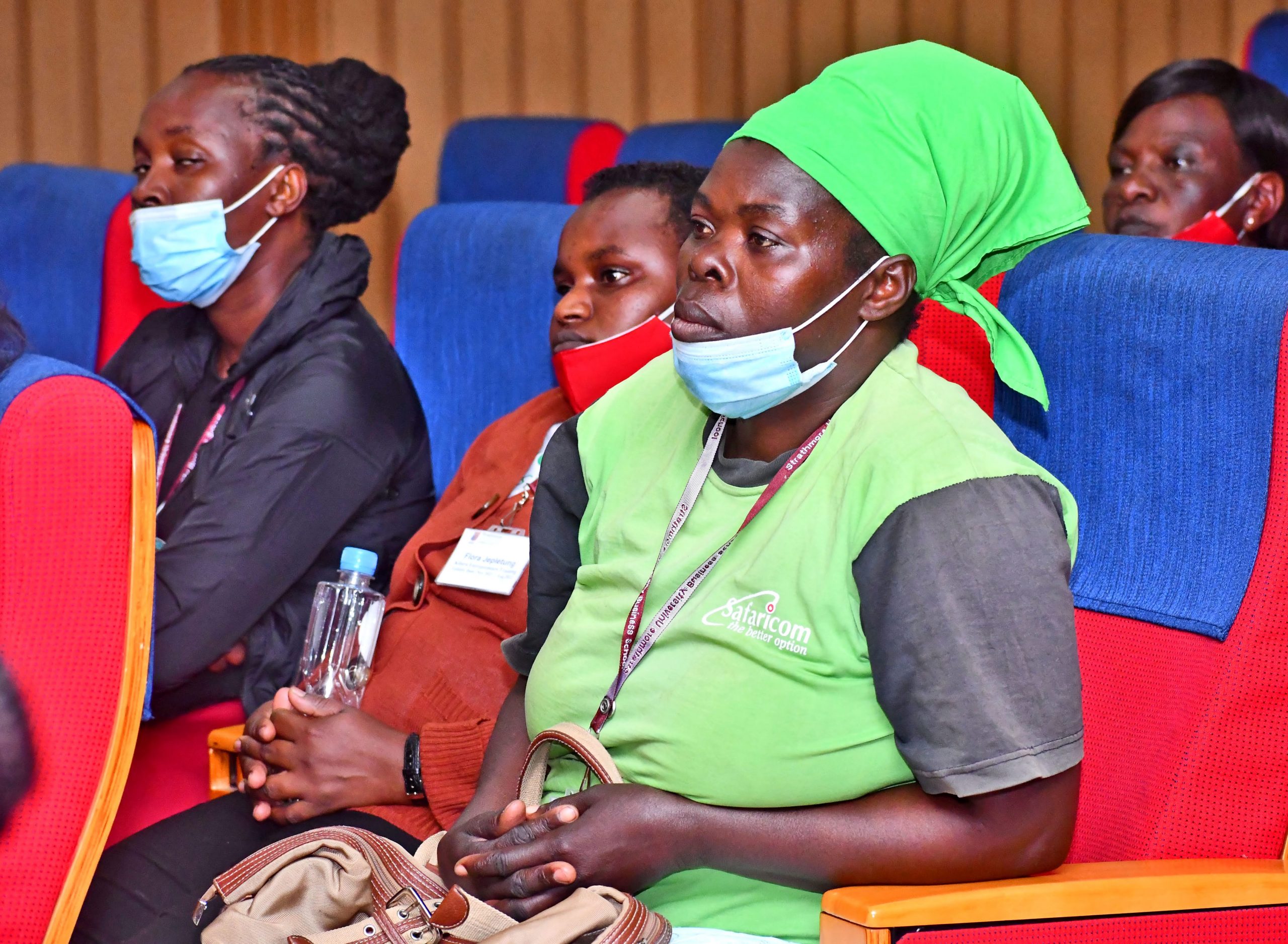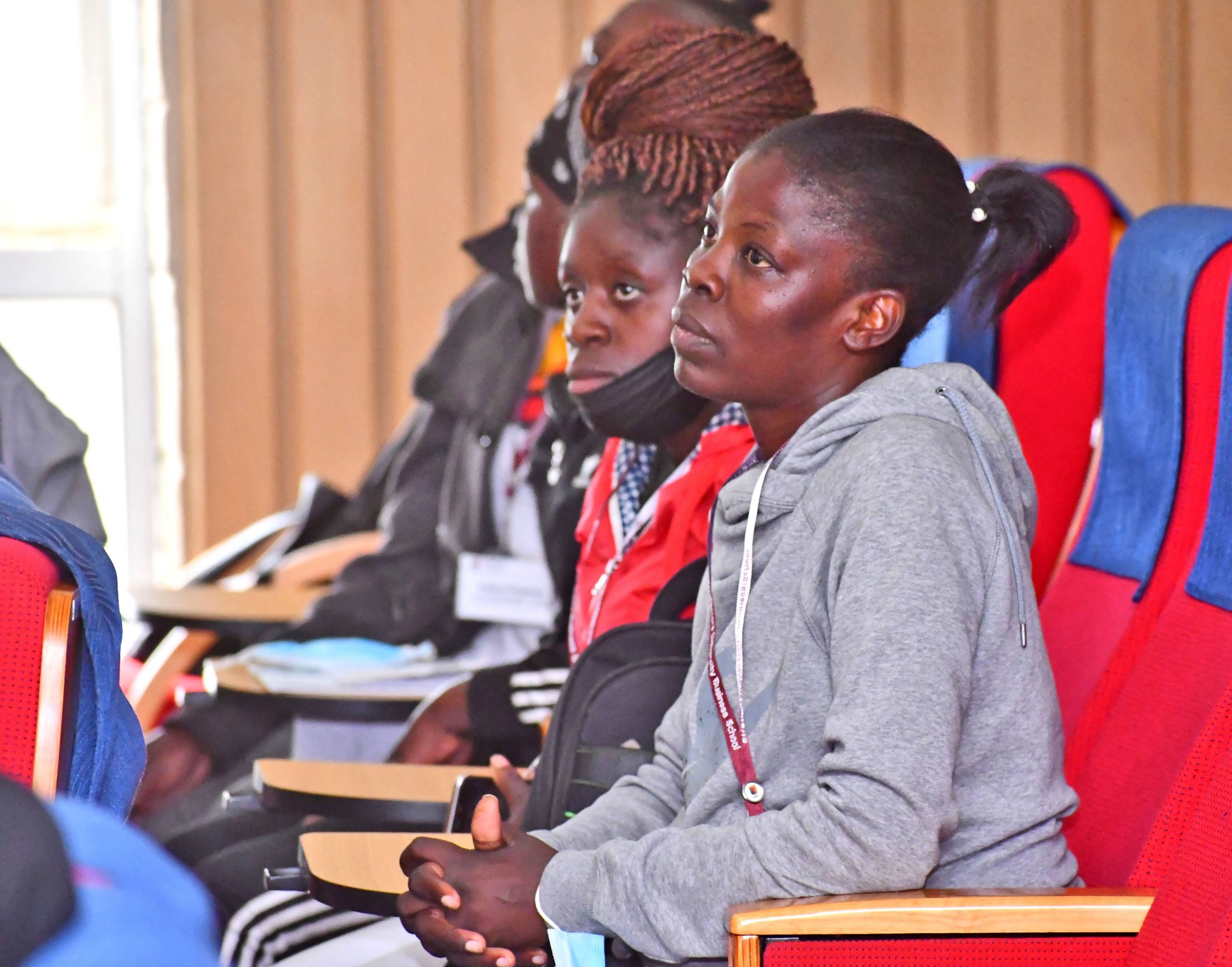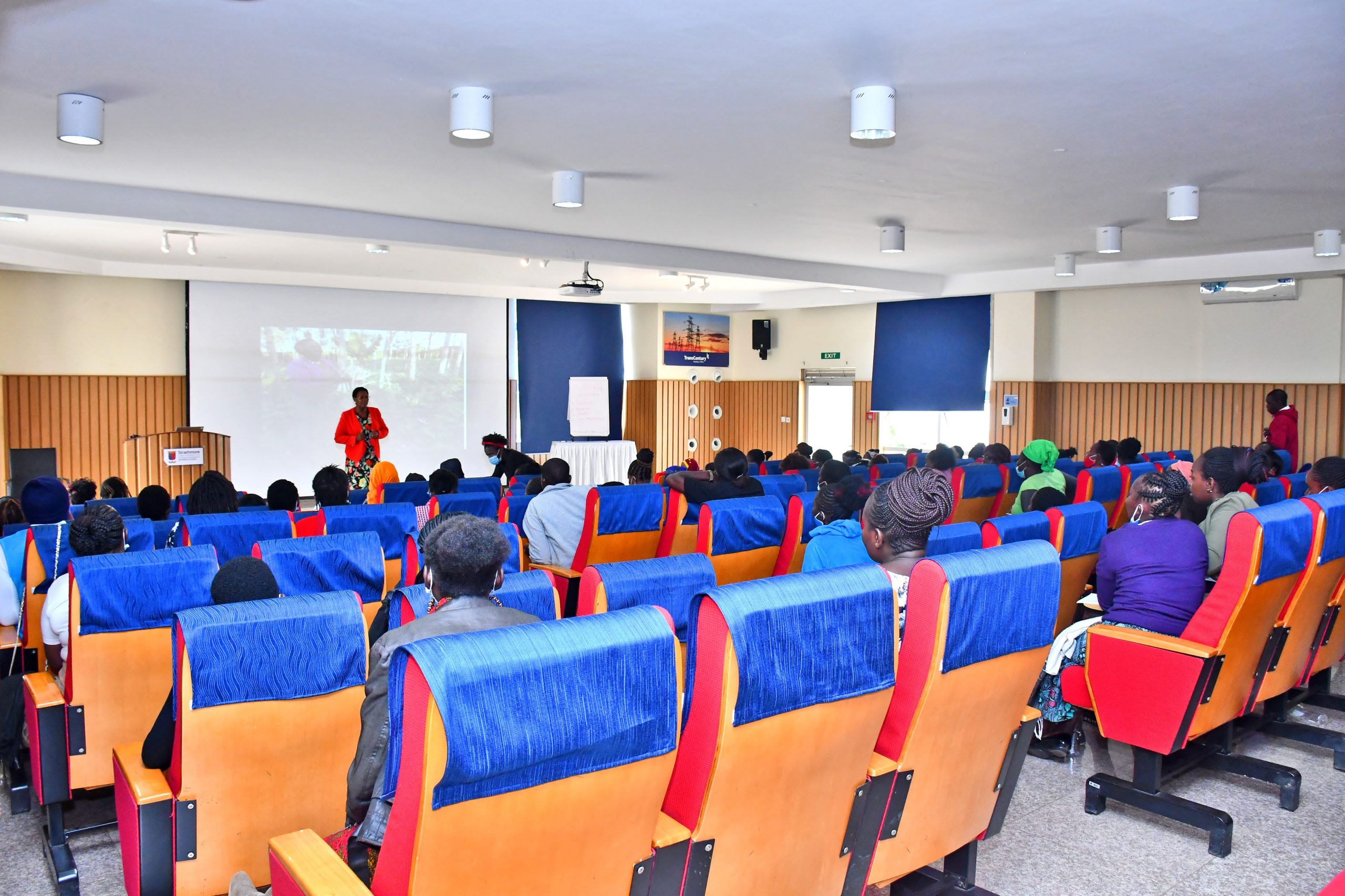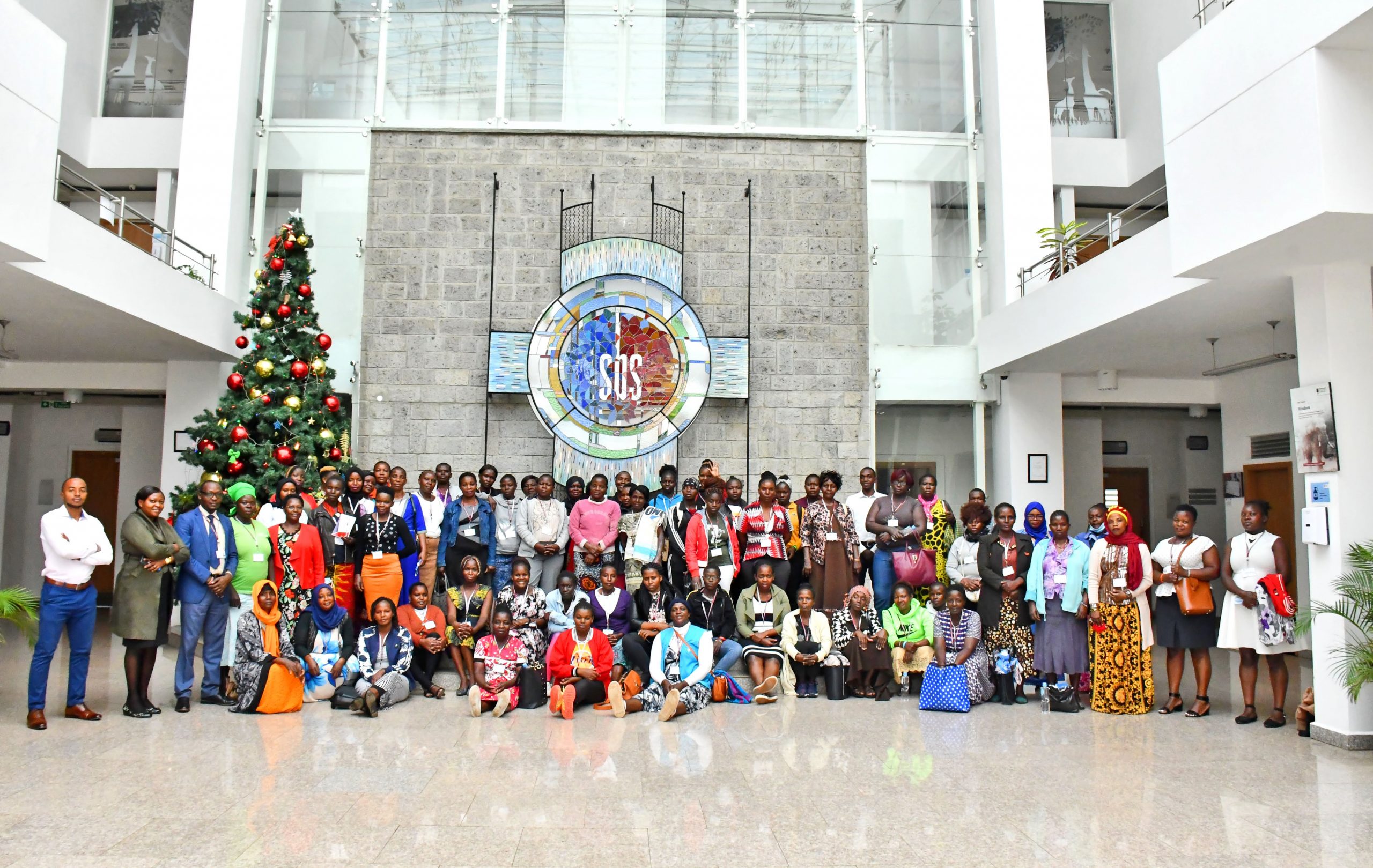Between 6th and 9th December 2021, we trained 86 women running small businesses in the Kibera slums in Nairobi on financial literacy and business management. For these women, their small businesses are their primary source of livelihood and survival.
This training came as a response to the various challenges that women-led businesses in the informal sector face. Some of these challenges include the lack of proper business structures and a lack of business management skills that can propel these businesses to scale up. As one participant aptly put it, when asked if they usually saved any income; “Our stock ends up in the cooking pot as the family’s food. Our family’s basic needs must be met,” she said.
Kibera slums is Nairobi’s biggest informal settlement and is estimated to be one of the biggest slums in Africa, with an estimated population of 240,000 – 270,000 inhabitants. Over 80 per cent of the Kibera slums have no electricity, sanitation, garbage removal nor running water and other public services. With this being the situation in the Kibera slums, you find that most of these women start these businesses as a reaction to poverty, rather than on sound business principles. They are started as coping mechanisms of survival but, should the need be met, the proceeds of the business are turned to other needs.
A baseline survey carried out revealed that some of these businesses have provided enough support towards children education, with some members having children graduating from colleges and universities, proving that when trained in business skills and basic financial literacy, the multiplier effect across the Kibera community will be of great benefit to the community.
Many efforts have been put in place to cushion women-run MSMEs in the slum areas: from cash and food safety net programmes, school bursaries, and even handouts. Though these mitigating interventions have cushioned the women from the adverse effects of absolute poverty within the slums, the capacity of these women entrepreneurs to grow their businesses towards transitioning to profitable businesses has not been fulfilled.
This is the gap that the training by SBS seeks to close, and therefore the inherent capacity of each woman-owned small business unit in Kibera to grow, break even, make a profit and provide sustainable livelihoods for the families.
Before inaugurating this training Programme, we conducted a training needs assessment which revealed the need for customized business training for the women that would factor in the semi-literacy of the majority of the women small business owners from the Kibera slums without watering down the good business practices.
By going through this Programme, the women small business owners will improve their business management skills, financial literacy and entrepreneurship capacity. The women will also be able to grow their business capacity through individualized business mentorship.
The training targeted an initial pilot target of 100 women small business owners in Kibra Sub County, with the expectation of replicating the model to the other informal and rural settlements in a bid to empower women-run enterprises.
Article by Eunice Muthoni
Would you like to share an article? Write to us at sbscommunication@strathmore.edu
Share This Story, Choose Your Platform!
Your journey to business excellence starts here. Subscribe today and be at the forefront of innovation and leadership.












